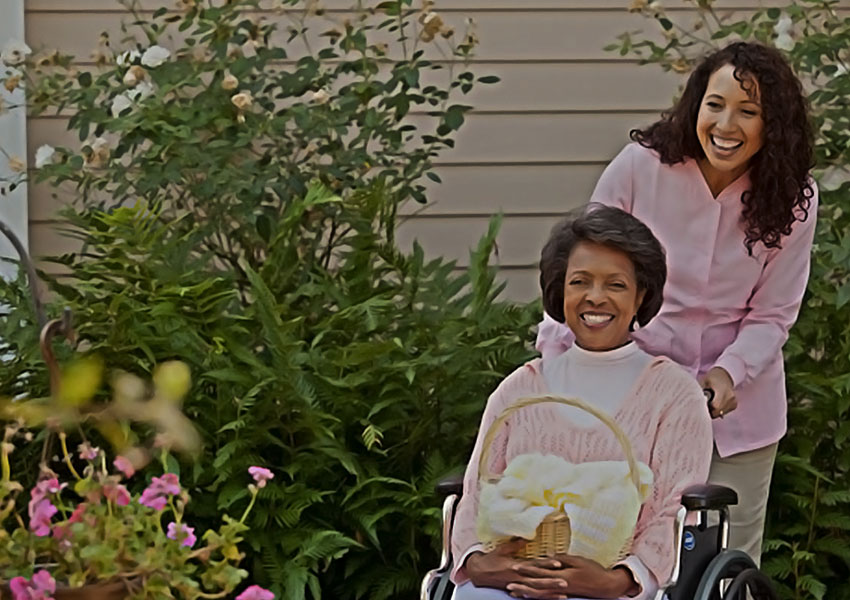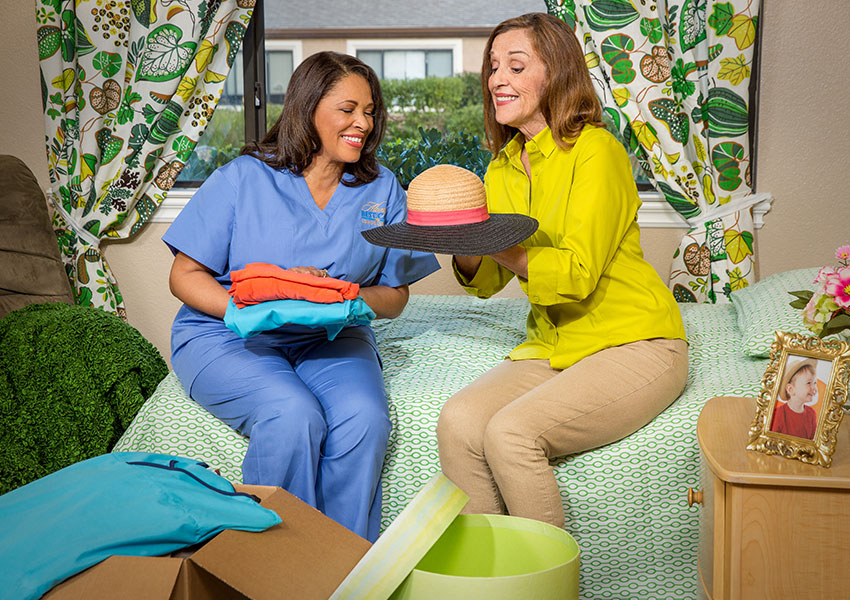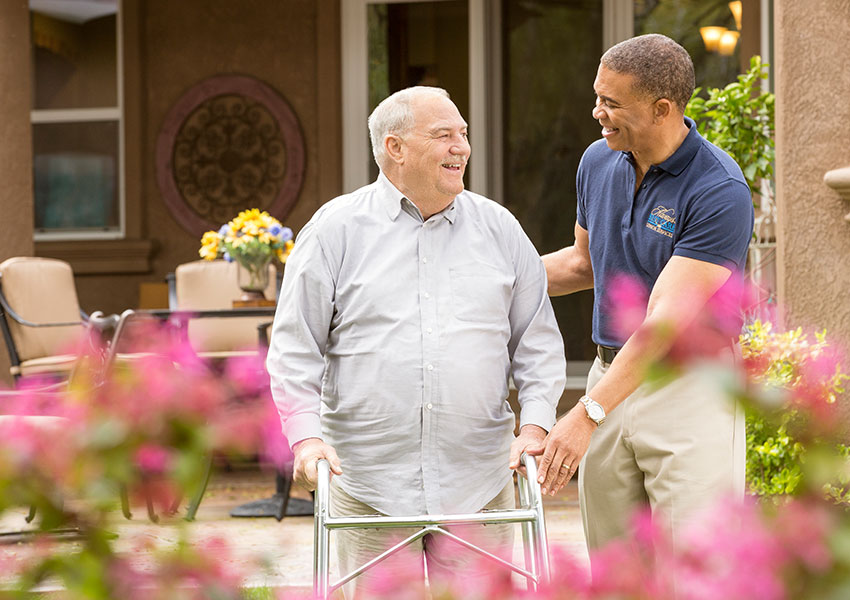 Family members and caregivers of people who suffer from Alzheimer’s and other forms of dementia can often feel helpless. Dementia is usually caused by irreversible factors that people can’t control, and this creates situations where people who want to act in a positive way find that they simply don’t know what to do to help. Fortunately, there are many things that family members and caregivers can do on a day-to-day basis that can make a significant difference in the lives of those suffering from dementia.
Family members and caregivers of people who suffer from Alzheimer’s and other forms of dementia can often feel helpless. Dementia is usually caused by irreversible factors that people can’t control, and this creates situations where people who want to act in a positive way find that they simply don’t know what to do to help. Fortunately, there are many things that family members and caregivers can do on a day-to-day basis that can make a significant difference in the lives of those suffering from dementia.
Life One Day at a Time
One of the best ways to approach dementia care is to take the situation one day at a time. Focusing too far ahead on the future can lead to frustration, so it’s best to emphasize what can be done right here, right now.
Here are some of the ways caregivers and family members can help:
Create a Routine
Confusion and stress can be minimized by creating a dependable routine that can be followed each day. This helps reduce anxiety and tension in patients as well as their caregivers.
Eliminate Distractions
One of the goals of dementia care is to simplify life as much as possible. Make sure patients can focus on conversations, meals and other activities by removing stimuli (like the TV) when they are not necessary.
Enjoyable Exercise
Physical activities are essential to the lives of dementia sufferers, which is why it’s crucial for family members and caregivers to plan activities that are mutually enjoyable, making them much easier to sustain.
Establish a Consistent Bedtime
 Routine is vital to dementia patients. Their lives – and the lives of caregivers – are made much easier by instituting a bedtime that’s adhered to night after night.
Routine is vital to dementia patients. Their lives – and the lives of caregivers – are made much easier by instituting a bedtime that’s adhered to night after night.
Prepare for Outings and Appointments
When there are activities that break from the normal, daily routine, it’s important to make the patient as comfortable as possible. For example, on trips to the doctor, it can be helpful to prepare by bringing snacks, beverages and/or activities that can help the patient stay calm and move through waiting periods without anxiety.
Manage Expectations
Although routine and regularity are important, it’s critical that caregivers and family members avoid being too rigid with daily schedules. Don’t expect patients to adhere to the routine exactly. Instead, be flexible with expectations and remember to always be mindful of the current moment when providing care.
More Help With Dementia Care
Are you curious about how you can provide the best possible care for a family member or loved one who suffers from Alzheimer’s or another form of dementia? Always Best Care is here to help. Call us today at 1-855-470-CARE (2273) and learn how you can benefit from a free care consultation!




























































































































